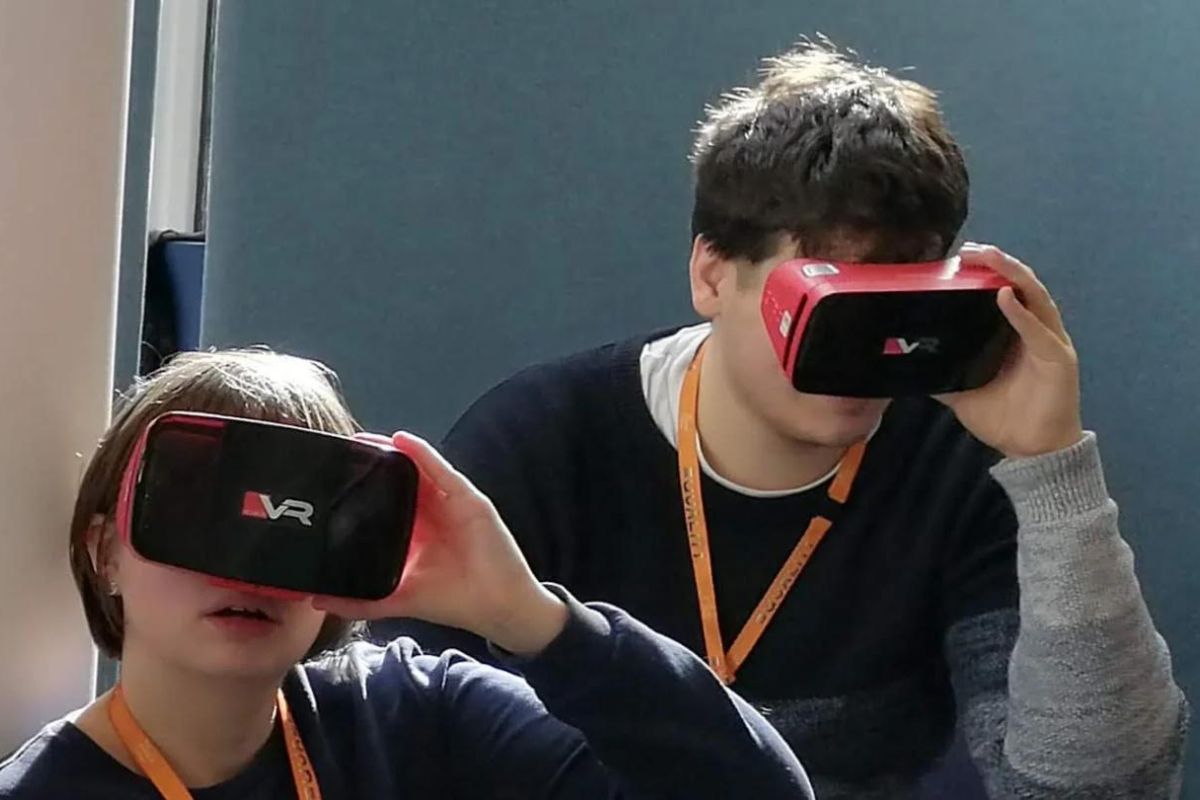Shah Deniz 2 project to bring gas to Europe recognised with Academy’s Major Project Award

The engineers behind the Shah Deniz 2 project, delivering gas from Azerbaijan to Europe direct for the first time, have received the Royal Academy of Engineering’s Major Project Award for 2019 for their collaboration to deliver this complex major offshore, onshore and pipeline gas development project. The award was presented at the Academy Awards Dinner in London on 11 July.
Shah Deniz 2, a project managed and operated by BP, is the cornerstone of the vast Southern Gas Corridor, spanning 3,500km from Azerbaijan to Europe via Turkey. Situated in the Caspian Sea, 70km from Baku, the offshore component of the project consists of 26 subsea wells, 110km of flowlines and two bridge-linked platforms connected to shore by 270km of gas and condensate pipelines. New facilities were also built onshore to condition and compress the gas for export via the South Caucasus Pipeline which runs through Azerbaijan and Georgia to Turkey. This pipeline has been expanded as part of the project and two new compressor stations installed.
As the gateway for new, diverse energy supplies, enough to meet the needs of each of the six capital cities along the Southern Gas Corridor more than twice over, Shah Deniz 2 will help Europe satisfy its future energy demand and play a major role in the continent’s transition to a lower carbon economy. Supporting more than 30,000 jobs at peak, Shah Deniz 2 brings significant other benefits to Azerbaijan and Georgia including employment, training and skills development. Direct project investment in communities, education and local enterprise amounted to $4m.
BP worked closely with its Shah Deniz 2 partners, including SOCAR (State Oil Company of Azerbaijan), to successfully deliver this project. UK-based engineers from BP worked in collaboration with engineers from its major contractors, KBR, Wood and McDermott over nine years to meticulously plan and ensure design integrity across the project’s major components. More than 10 million work hours were spent on developing the design and completing the engineering to support procurement, construction and start-up of the facilities and pipelines.
The Major Project Award team consists of Mark Tatum, Engineering Manager, and Harriet Hodgson, Commissioning Superintendent, both BP Exploration Operating Company; Matthew Wilson, Senior Consultant, Wood; Mark Caddye, Project Manager, KBR; and Richard Smith, Principal Project Engineer, McDermott.
The engineering team had to overcome numerous technical challenges, including extremes of terrain and environment. The facilities and pipeline are in a seismically active area and the subsea flowlines were carefully routed to avoid geohazards such as mud volcanoes. The 55,000 tons of offshore platforms were designed for construction and installation within the limited infrastructure of the landlocked Caspian basin and the compression facilities equipped for reliable operation in the Caucasus Mountains, where temperatures drop to -35°C.
“The engineering excellence of the Shah Deniz 2 project alone makes it stand out as an example of collaboration and cross-national cooperation. It is a world class project, connecting six countries and linking communities, people, and cultures in a common endeavour. It provides new and secure energy from Azerbaijan that unlocks isolated markets in the region and has served as a catalyst to building skills and development in the region. It has been a great joy for me to witness some of the extraordinary engineering BP continuously achieves to the highest standard through Shah Deniz 2. I congratulate all of the company’s past and present engineers whose work creates such outcomes.”
Industry-leading technology was used to make the project technically achievable, such as the high integrity pressure protection system that safeguards the facilities from reservoir pressures up to 14,000 psi. Innovation, including the modularisation of equipment required to maintain the temperature of the subsea flowlines was critical to ensure the project is commercially viable.
Professor Raffaella Ocone FREng FRSE, Chair of the Royal Academy of Engineering Award Committee, said:
“The Award Committee was very proud to reward a project possessing both outstanding engineering excellence and substantial societal impact. The Shah Deniz 2 project is tangible proof of how outstanding engineering can overcome huge technical challenges and provide solutions that can impact positively on our life standards. The project marries creativity and technology; the impact on a number of countries and on the transition to lower carbon fuels testify to the wide-reaching societal benefits that engineering can bring. The investments in education and communities are to be commended.”
Mark Tatum, engineering manager, BP said:
“The safe and reliable start-up of Shah Deniz 2, delivering gas from the project to Turkey for the first time in 2018, is a testament to the ingenuity and diligence of the many hundreds of engineers and designers from BP and our major contractors who have contributed to the engineering since the project’s inception over a decade ago. Given the scale and complexity of the endeavour, everyone involved should be justifiably proud of what we have achieved, and of the Royal Academy of Engineering’s recognition of this through the Major Project Award.”
Shah Deniz 2 delivers part of the Southern Gas Corridor, a major initiative to provide a reliable source of natural gas from Caspian and Middle Eastern regions to Europe. It is a complex engineering challenge involving seven governments and 11 companies.
Notes to editors
- The Major Project Award recognises the contribution of a team of up to five engineers, based in the UK, who have delivered a major engineering project that has had a substantial impact on society. Previous winners include the engineers behind The Ordsall Chord, Atkins for delivering broadband infrastructure to Scotland’s Highlands and Islands, and BAE Systems for developing the technology to communicate with the Rosetta spacecraft as it delivered the Philae probe to a comet over half a billion kilometres from Earth.
- Annual Awards Dinner 2019. This year’s Royal Academy of Engineering Awards Dinner took place at London’s Banqueting House on Thursday 11 July. Along with the announcement of the winner of this year’s MacRobert Award, the event also celebrated the winners of other awards and prizes including the Major Project Award, Silver Medal, President’s Medal, Rooke Award and RAEng Engineers Trust Young Engineer of the Year. The headline sponsor of this year’s Awards Dinner is Rolls-Royce, with additional silver sponsors BP and Lockheed Martin.
- Royal Academy of Engineering
As the UK’s national academy for engineering and technology, we bring together the most successful and talented engineers from academia and business – our Fellows – to advance and promote excellence in engineering for the benefit of society.
We harness their experience and expertise to provide independent advice to government, to deliver programmes that help exceptional engineering researchers and innovators realise their potential, to engage the public with engineering and to provide leadership for the profession.
We have three strategic priorities:
- Make the UK the leading nation for engineering innovation and businesses
- Address the engineering skills and diversity challenge
- Position engineering at the heart of society
We bring together engineers, policy makers, entrepreneurs, business leaders, academics, educators and the public in pursuit of these goals.
Engineering is a global profession, so we work with partners across the world to advance engineering’s contribution to society on an international, as well as a national scale.
For more information please contact: Victoria Runcie at the Royal Academy of Engineering Tel. 020 7766 0745; email: [email protected]












Responses